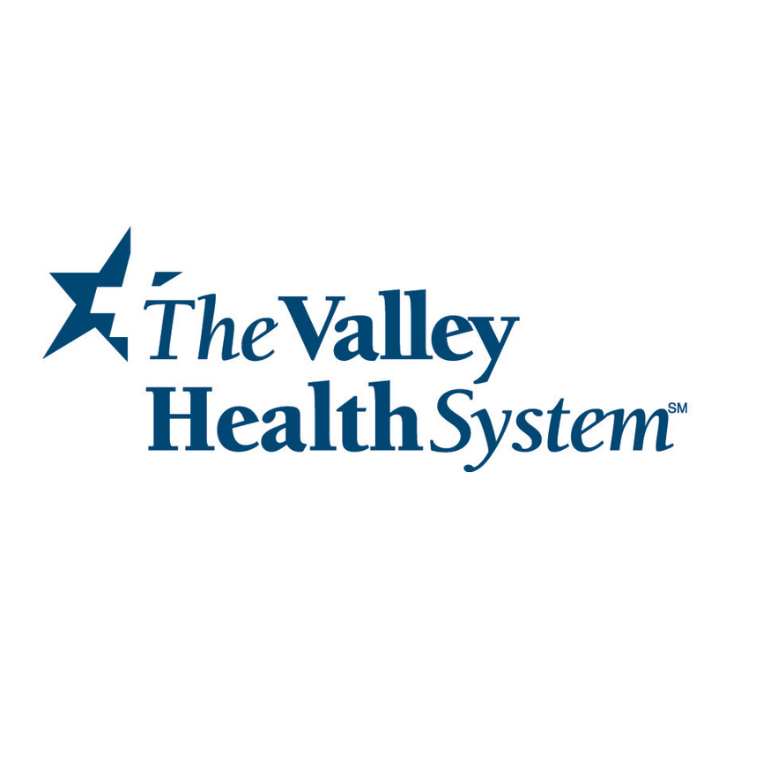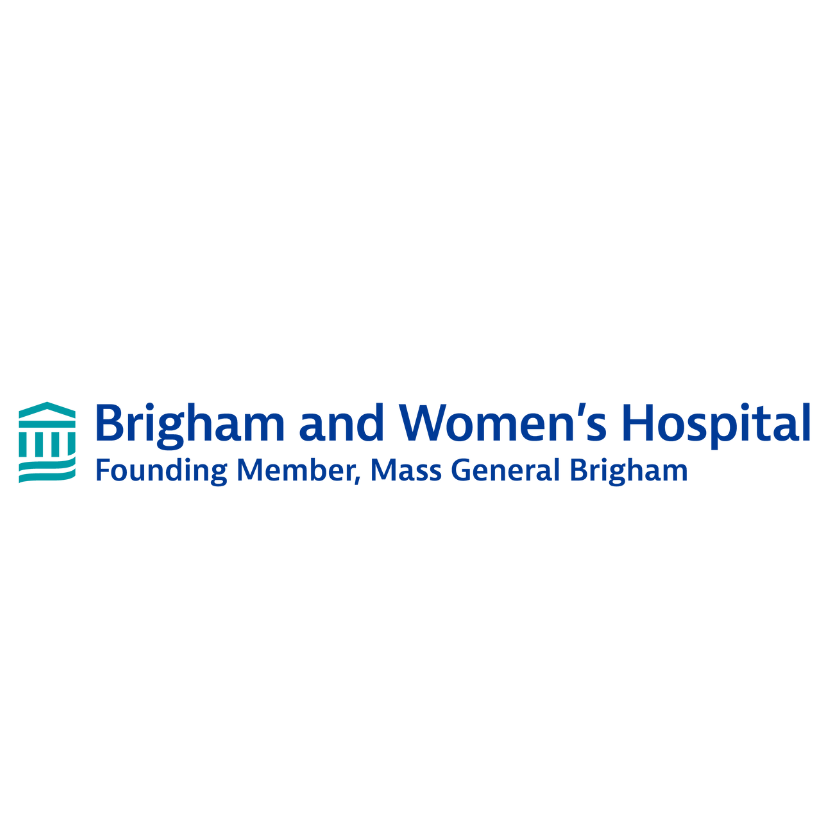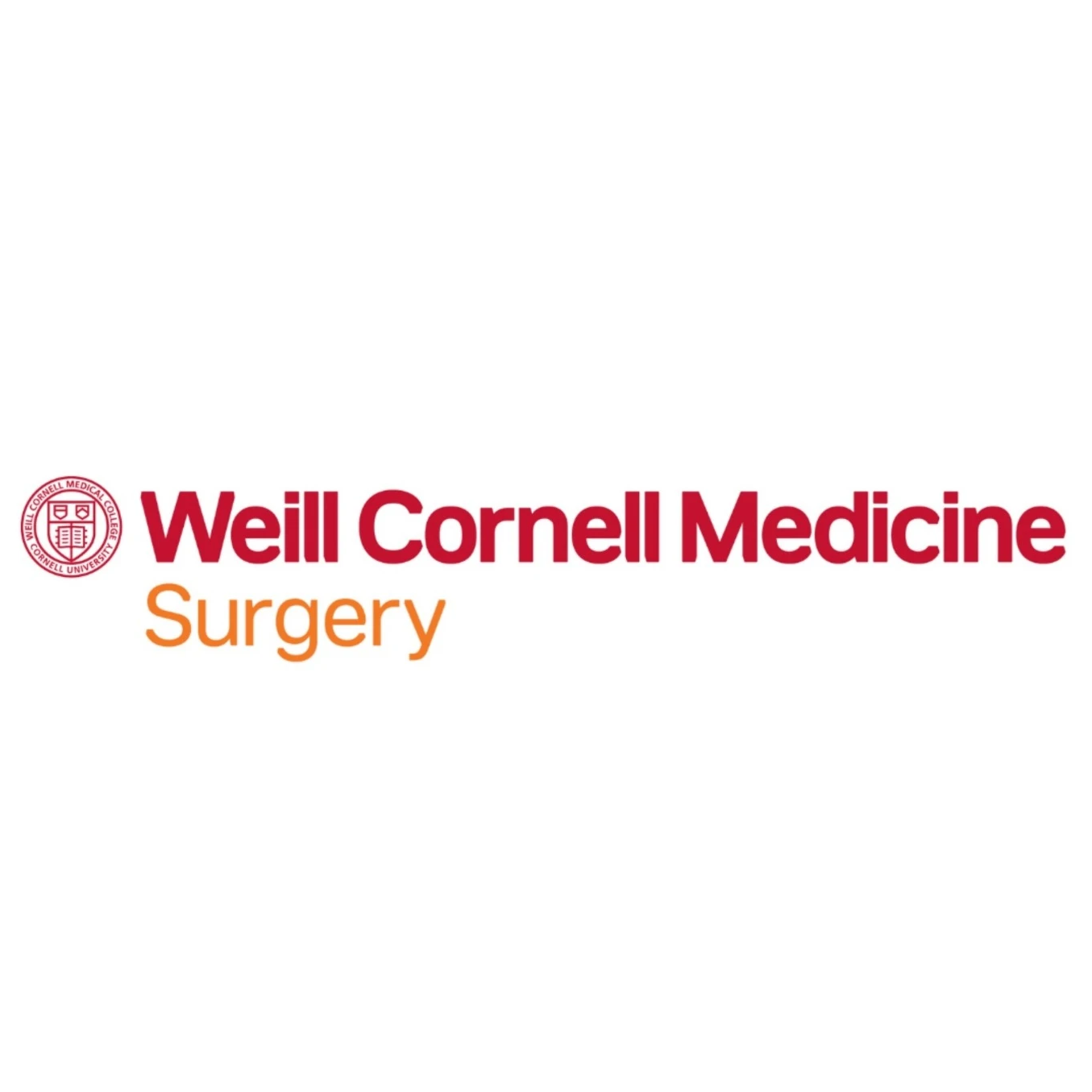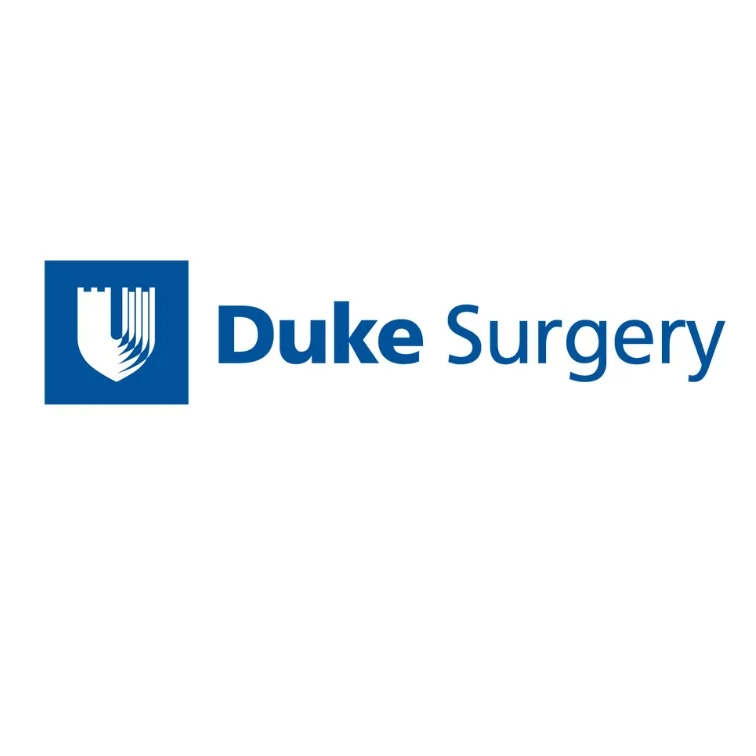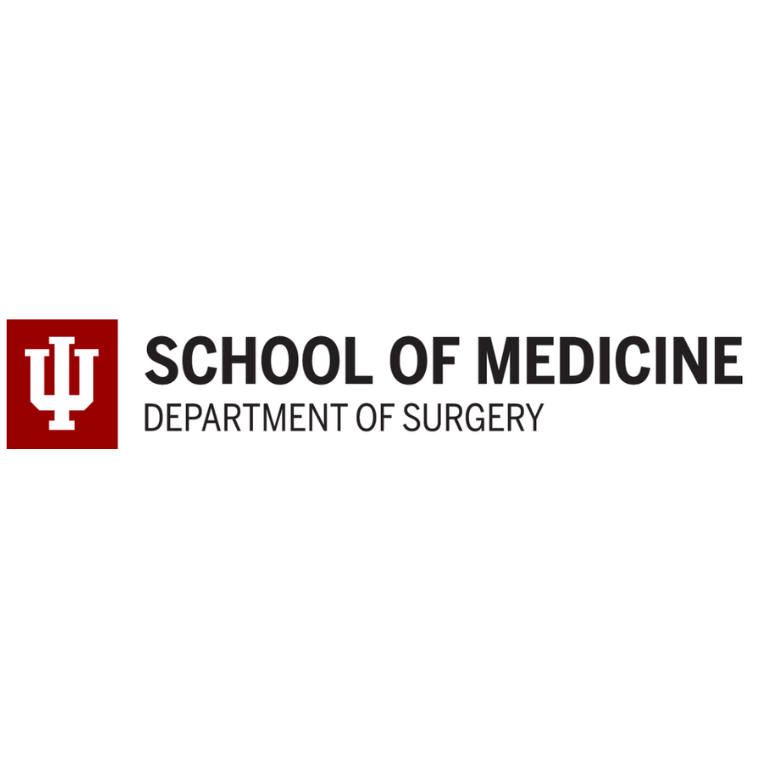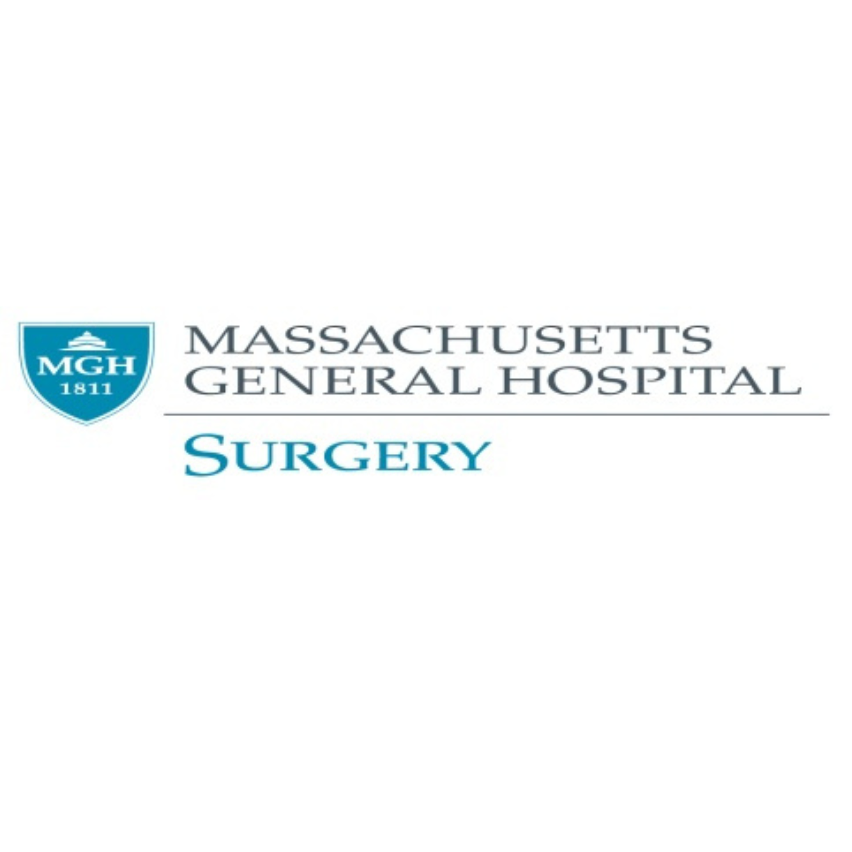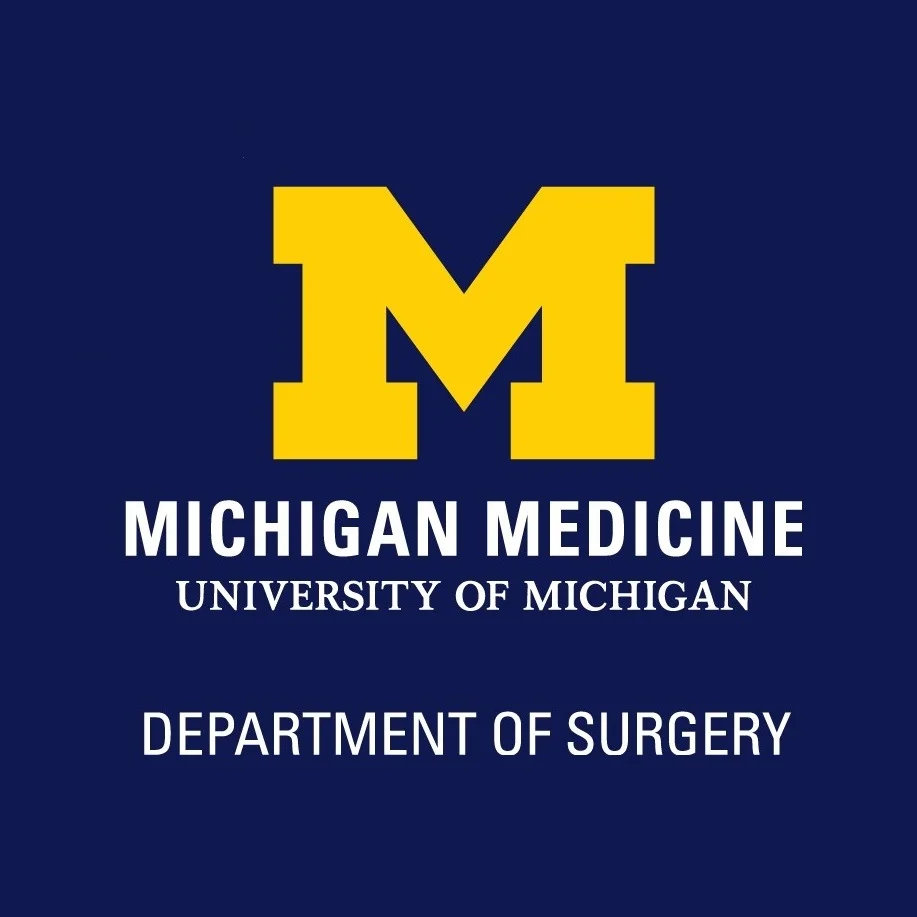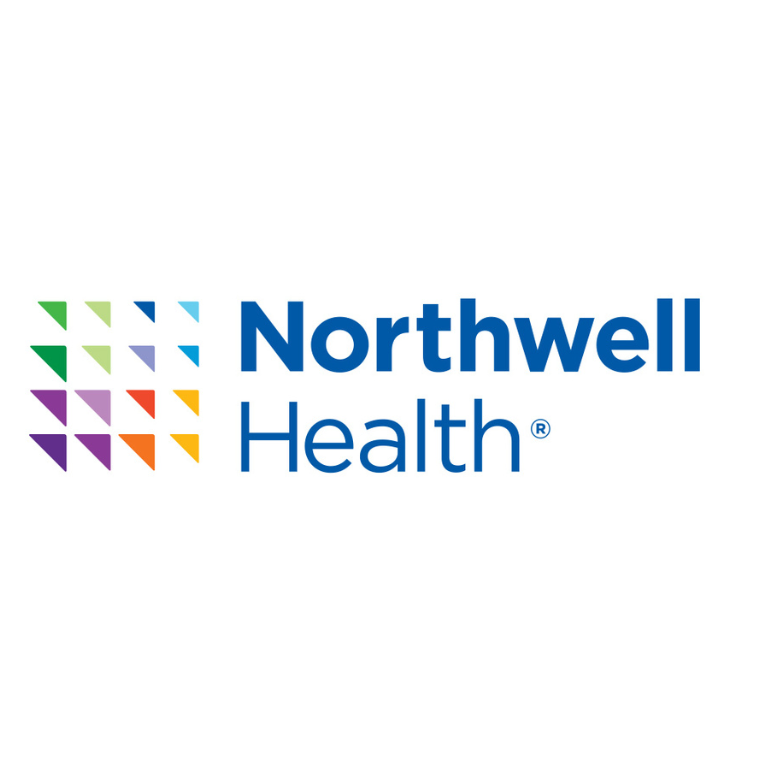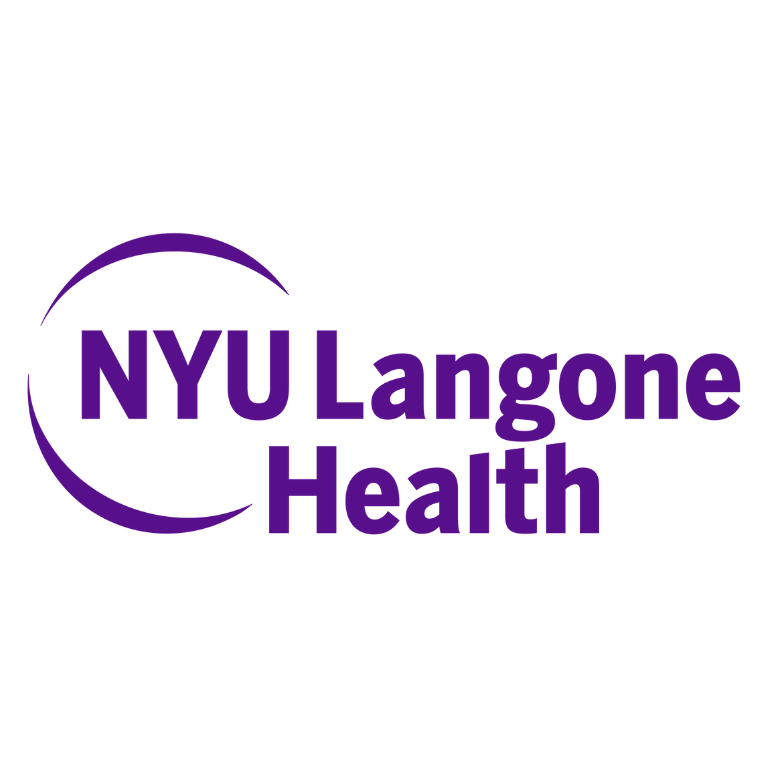UCSF PRISM Spotlight Interview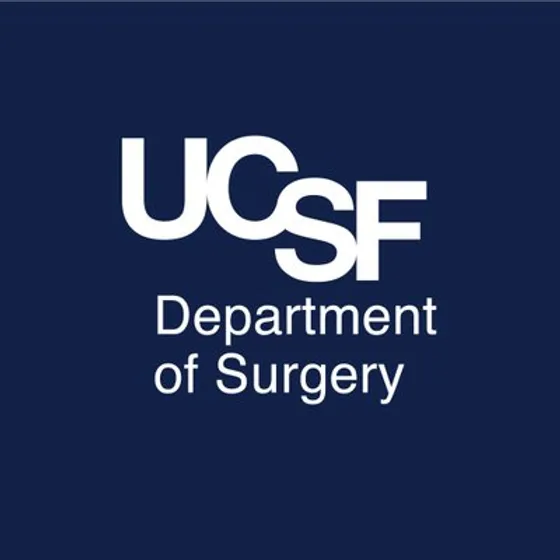 Join us for our June 2023 PRISM Spotlight Interview with UCSF HealthWatch on YouTube | See additional content on our YouTube Channel Watch on YouTube | See additional content on our YouTube Channel
UCSF Prism Spotlight Interview
Nicole Goulet I am really thrilled and honored to be able to be here today with not only our inaugural institutional member UCSF (University of California, San Francisco), but also UCSF was our first PRISM member which is our highest level of membership. I'm honored to be here interviewing Drs. Sosa and Roman who are also board members and original founding members of the Association of Out Surgeons and Allies (AOSA). My name is Nicole Goulet. I'm the president of the Association of Out Surgeons and Allies. My pronouns are she, her, hers, and I would like to introduce Dr. Sosa and Dr. Roman. Julie Ann Sosa Thank you so much, Dr. Goulet, it's a privilege. I am Julie Ann Sosa, my pronouns are she, her, hers. I am the Chair of the Department of Surgery at UCSF, I'm an endocrine surgeon, surgical oncologist, and I'm so proud to be an individual member in AOSA and also very proud that UCSF surgery was the inaugural Institutional PRISM member. Thanks for having us. Sanziana Roman Thanks for having me. I am Sanziana Roman (She, her). I'm also a professor at UCSF and surgery, and I recently just became the Director of Clinical Teaching at UCSF. So I'm very excited about this new role, and in a lot of ways I'm thinking about how to really incorporate inclusivity into that kind of teaching. I am very excited about AOSA. It's about time, and I couldn't be prouder. Nicole Goulet Wonderful. Well, thank you both for being here. I'm really excited to speak with you and also for the advice that you might be able to give other institutions on the wonderful work that UCSF is doing right now. So let's just jump into the questions. Why was it important for you and UCSF to become an institutional member of AOSA? Why was it important for you and UCSF to become an institutional member of AOSA? Julie Ann Sosa Thank you for the question. You know, I'm very proud to say that UCSF Surgery is an institutional member of all the affinity groups in American Surgery. And I think it's important for us as a department to do that, because, first of all, our community includes people with identities that affiliate with all of those affinity groups. I am a pretty intersectional person. I'm a surgeon, yes, first. But I'm a woman. I'm Latina. I'm LGBTQ. You know, for me, I have identities in the Association of Women Surgeons, the Latino Surgical Society, and now AOSA. And I think many of our community members are the same. So being an institutional member is important for members of our surgical community to have alignment, to have endorsement, validation, to have a pathway to expedite their individual membership, and to allow them to participate in the activities sponsored and supported by each of these groups. But I think there is a role to play by institutions like UCSF or individuals across American surgery who belong to institutions where perhaps it is lonelier and that is to see others who can serve as role models, who can serve as future employers, who can serve as remote mentors and sponsors. For me, I see institutional membership as critically important for surgeons at UCSF, for learners at UCSF, but also surgeon learners across the United States. Nicole Goulet Thank you so much for that. And again it it was really pivotal for UCSF to become the first member for all those reasons, and you really led the way, so thank you very much. It was such an important milestone. The next question I have, is what is your approach to LGBTQ people in surgery, and with attention to an array of things that includes attendings, down to trainees, and students. And really even down to patients and the environment. What is your approach? What is your approach to LGBTQ people in surgery? Sanziana Roman You know, I think that our community has for a very long time really equaled silence with death, right? I mean that's the historical thing, and I think it's very applicable even today. In terms of visibility, I think it's incredibly important for the new generation, for our trainees, even for attending or for individuals who may feel left out or not included or afraid of what coming out might be. Visibility of others who are living their best life and their truth in the world of surgery with success is really important. So I think that for individuals such as myself—who, I guess I could no longer say that I'm junior—I like to say that I’m still young, but not junior. It's really a privilege to be able to be in a position where I can be out. I could speak out, and I can be a role model and support and advocate for those who are coming behind me, or for my colleagues for that matter. I have to say that, you know, coming to UCSF was an incredible revelation and the fact that certainly the area is much more welcoming, but even so, knowing that I am able to form a community that can support each other, that can advocate for each other, for our patients is super important. And you know I was talking a little bit earlier about the new role of education, and I think all of us as surgeons, and academic surgeons, and not so necessarily academic surgeons often love teaching, and part of teaching surgery is also teaching how to be yourself and bring your best self to work to be able to care for your patients. And I think that's very important. So some of the approaches that we have implemented over the last several years have been education and really respecting people's preferred gender and preferred names. To the point where actually UCSF sent out a big e-mail today after a lot of work that many of us were involved with, to formally state the institution will be a pronoun friendly and gender and name friendly institution. Meaning that whatever individuals preferred name is, that is what they will go by, and that is part of respecting the individual. Doing education in the OR and in an area where I think traditionally perhaps we have had a strong presence of traditionalism. Educating our nurses and our staff and our attendings across the ages about what the younger generation wants and needs because they are our future. And so I encourage very much institutions to think about that, and how they can move forward in a more inclusive way, specifically for LGBT as well. Nicole Goulet Thank you. Yeah it really is so important for the entire environment from the nurses to the staff and really everybody, so thank you very much. Can you speak to any specific initiatives or strategies that you've used that were successful or that didn’t work, that you can really share with other institutions? Because I think there's some real low hanging fruit that I know UCSF has done along with so much more to really be amazing on this front and could go a long way in sharing that with other institutions if you don't mind. What specific initiatives or strategies has UCSF used that were successful or ones that were not as successful that you can share with other institutions? Julie Ann Sosa Well, I think sharing best practices and collaborating and not competing is the secret to success in academic surgery and life. And so sharing things that work and sharing things that don't work make everyone a lot more efficient, and we like to experiment at UCSF. It's our allegiance to science, and we accept that sometimes we're gonna fail, so we've had failures, but I like to focus on successes. So first of all as a leader, exemplifying or modeling behavior I think is really important. I try to speak up and speak out, which doesn't mean I'm often not afraid, but I think you have to have courage to work through fear. So I write about being gay and share those writings. I have Zoom backgrounds. I always have swag on of some kind depending on what I'm trying to promote. This month, Pride month, I really want to think about this truth and this identity. I think education is super important. Our greatest legacy are our learners and the next generation—it’s not papers, it’s not publications, it's really young people. We bring in Grand Round speakers to talk about diversity topics, including LGBTQ speakers, and we have had several just in the last year or two. We have a diversity curriculum. So just like we teach about foregut and endocrine surgery, we teach about diversity, and that's at the learner level as well as at the faculty level. Every new faculty member, every faculty leader, and every faculty educator at UCSF has to have a full day of learning in diversity, equity and inclusion, and then they have to keep that up for sustainability and durability. You know, I personally am a surgeon scientist, maybe scientist before even a clinical surgeon, and I think we need to bring scholarship to this area. I think, you know the Achilles heel of issues that pertain to our LGBTQ community, it's just the paucity of data, right? Because no one has thought to collect data because we are a silent minority. There is nothing on the outside that you can see, so doing scholarship in the area has been very important. I've tried to work collaboratively with others to collect data, publish data and those data are very frightening, right? They show that members of our community, especially learners who are vulnerable, are subject to more bullying, more harassment and as a result, greater attrition, and greater suicidal ideation. So there are profound effects and impacts, and I think we need to describe those to inform work going forward. And then most recently, we obtained an RO1 from the NIMHHD to study diversity in the surgical workforce at a national level. And I think what we need to do is take these kinds of data to inform the very best interventions to promote diversity, equity, inclusion in the surgical community. So those are a few things, but I'm sure Dr Roman knows levels. Sanziana Roman Thank you for that. One thing that I think may not work very well is creating an institutional checklist of diversity education one time—basically saying we did it. And it's difficult, right? If you have leaders who may not share some of these truths or intersectionalities, and there's a lot of competing priorities on people's agendas and lists and financial considerations. Then occasionally diversity efforts fall at the wayside or are spearheaded through the hard work of those who care basically as a volunteer position. That really needs to stop. I think that, nowadays we simply cannot ask individuals among us to keep donating time to efforts when these really need to be brought to the forefront and valued for the incredible importance that they hold. Nicole Goulet How do you actually bring equity to your faculty, and specifically those faculty members who are doing a lot of that DEI work? Dr. Sosa if you can speak as a Chair. How do you actually value that? How do you encourage that? How do you bring equity to your faculty, and specifically those faculty members who are doing a lot of that DEI work? Julie Ann Sosa Yeah, thank you for that. So you know the coin of the realm is merits and promotions, and I personally think work in diversity, equity, inclusion, including scholarship in this area is as important as clinical work, as education, or other more traditional forms of science. I think first of all it needs to be valued by our merits and promotion system, and at UCSF it’s very interesting when you apply for a position at UCSF, you are required to provide a diversity, equity, and inclusion statement as part of your application. Then when you go up for merits and promotions to our committee on academic promotions, one of the principal segments is work that you have done in diversity, equity, and inclusion. Personally I think that should be valued equally with any of the other work that is done. I think secondly you’ve got to compensate people for their effort and time. In our department, we have a Vice Chair for Diversity, Equity, Inclusion. We also have a Director for Gender Equity, and I didn't say Director for Women Surgeons because our Women's Surgical Society, called our Muriel Steele Society, has embraced gender equity and all gender minorities, and we support our Director’s work in this field. So I think you have to compensate people for their work. You have to protect their time to do this work. Then ultimately where it really counts, will you be promoted to associate or full professor? You make it a compulsory segment of your application for promotion. Nicole Goulet Thank you so much for that. It’s really a great message for other institutions to follow suit because we see this not infrequently in terms of some of the merits and promotions that you speak of. So thank you for that and for sharing that. Hopefully this will help other institutions as well. My last question, what do you wish for the future? What are some of the things on your wish list, Dr. Roman, for the future of academic surgery, and how do we move forward? What do you wish for the future of academic surgery and how do we move forward? Sanziana Roman Wow, this is definitely pie in the sky. There's so many things that we wish for. You know, we live in difficult times. We have to actually speak out about this right now from a political standpoint, socioeconomic standpoint, particularly for LGBT individuals across different states. Our rights are being diminished, rights are being taken away, and I think that this is not a time to shrink, and this is not a time to be scared. It is a time to be courageous, and I wish that we as a community, our allies, are not afraid to speak out because we are incredibly valuable individuals in this society. In order to have a society where people can truly flourish and be amazing at their jobs, they must have the support to flourish personally. The trauma of racism or homophobia or anti-trans is simply something that many of us carry every day, and it really affects how good we can be at what we do. And so, I call upon all individuals who feel strongly about this to speak out—be courageous. Let's link arms and make sure that the right thing happens in our country. That is basically my wish that we can create a country that everyone can be their true self, so that they can be the best version of themselves that they can be. Nicole Goulet Thank you so much. Those are really great remarks, and I got goosebumps. Dr. Sosa, any final words that you want to add after that amazing statement by Dr. Roman? Julie Ann Sosa Yeah. No, I would just say the most diverse, equitable and inclusive community is the most spectacular and most creative surgical community. We need to be creative to be able to confront the challenges that we currently face in American surgery and frankly in the United States and the world. And I guess I'm really thankful for the Association for Out Surgeons and Allies. I think this work is so hard. No one individual can do it. No one department. No one institution can do it. It is only the strength of collaboration and numbers that will allow us to move forward. I see the Association of Out Surgeons and Allies as the glue that brings us together. It's all about alignment and allyship, so thanks to AOSA. Nicole Goulet Thank you both. There are so many wonderful things that we were able to learn from talking with you. UCSF is one of the institutional leaders in the country on this forefront as well as the two of you, so thank you very much. It is quite an honor that we were able to talk to you today as our first PRISM spotlight interview, so thank you both so much for your time. <END TRANSCRIPT> |



